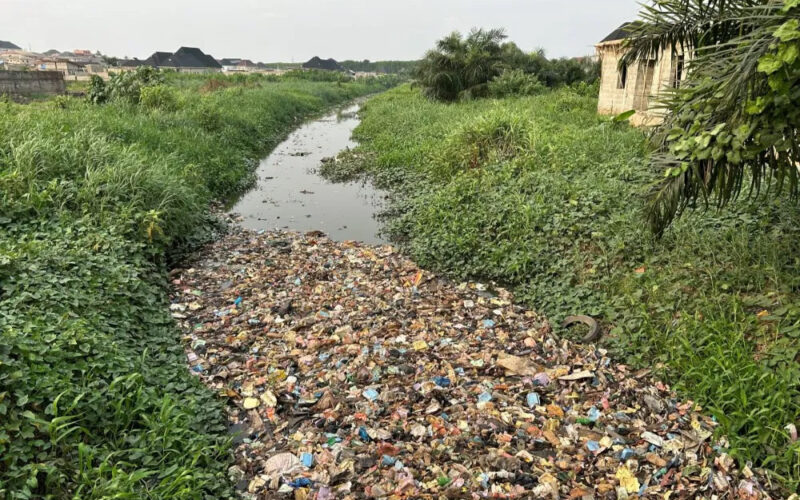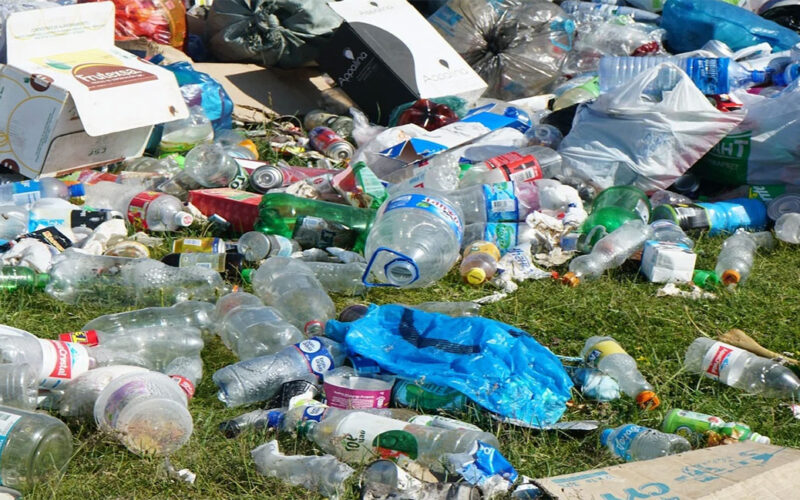
Can Nigeria turn the tide on plastic pollution?
WHEN it rains heavily in Lagos, the torrents of water gushing down streets and sidewalks sweep up disposable drink cups, plastic bottles and packaging and dump them into the coastal city's drains and waterways. "Most floods in Lagos happen because of blockages of non-biodegradable polystyrene packages and not the volume of rainfall," said Joshua Babayemi, an environmental toxicologist at the University of Medical Sciences in Ondo, a state in southwestern Nigeria. But from this week, the tide of trash should at least contain fewer foam food containers as city authorities start enforcing a ban on single-use items that reflects nascent…


